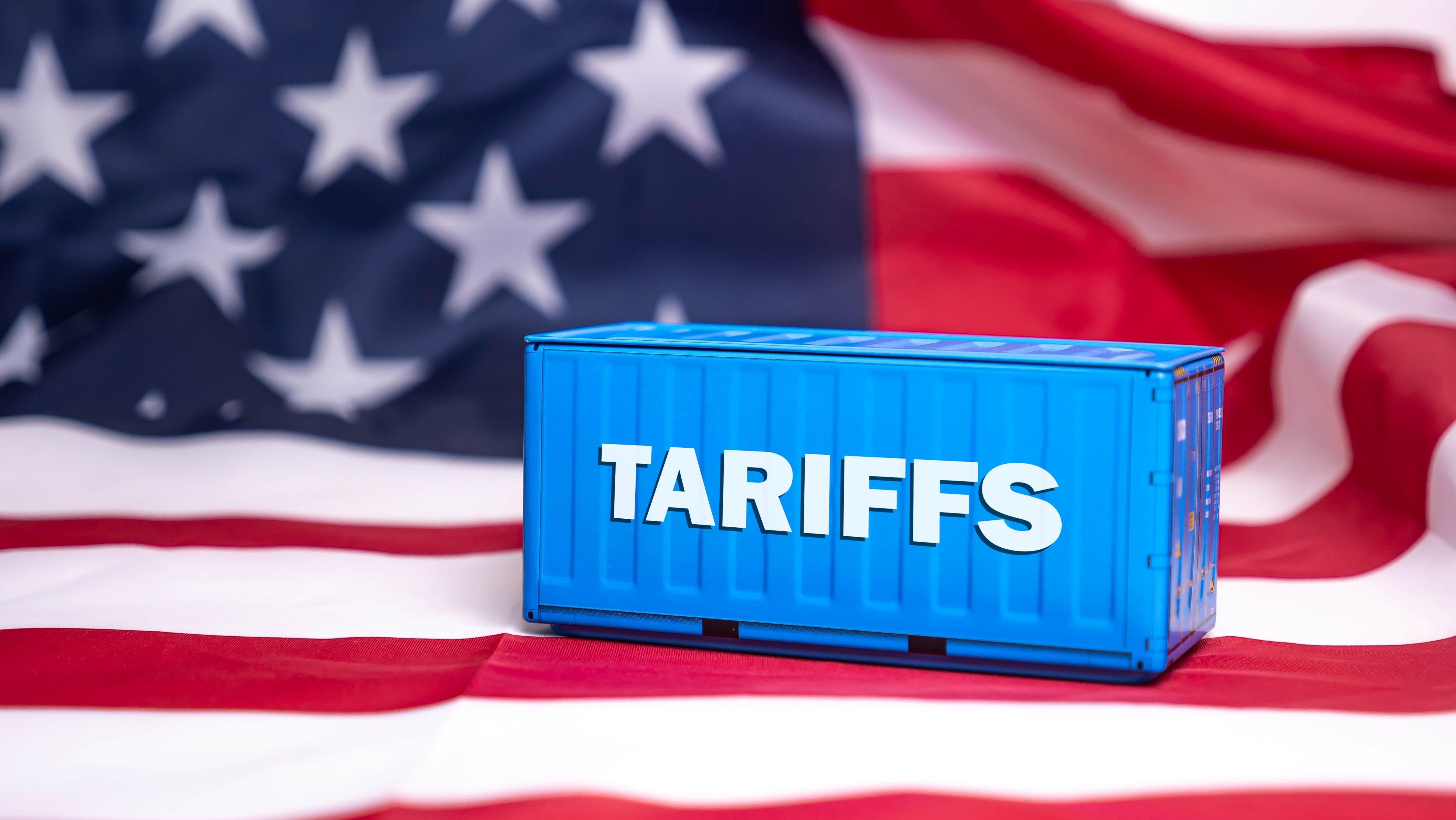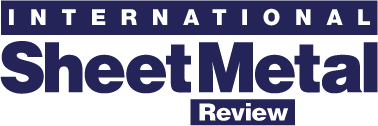
"50% U.S. tariffs on steel and aluminium"
Submitted by:
Sara Waddington
“The U.S. administration has expanded the scope of existing Section 232 tariffs on steel and aluminium to cover, for the first time, a machine tool: machining centres for working metal (customs code 845710),” confirmed CECIMO, the European Association of Manufacturing Technologies. With a primary focus on machine tools and additive technologies, CECIMO brings together 15 national associations of machine-tool builders.
“These machines account for almost 15% of CECIMO members’ exports of machine tools to the U.S., one of the sector’s most important markets outside Europe. According to customs data, the measure could affect around €500 million worth of European exports. Under the new rules, machining centres will be subject to a 50% tariff on the value of their steel and aluminium content, in addition to a 15% baseline tariff applied to the rest of the machine. Depending upon the steel content, this creates a tariff burden that could approach 50% in effective terms. Furthermore, the new regulations impact not only new machines, but spare parts as well,” said the association.
In addition to the inclusion of HTS code 845710, exporters face new declaration obligations under Section 232. U.S. Customs now requires declaring the country of origin where the steel has been processed and worked. European manufacturers must therefore identify and calculate the steel and aluminium content of each machine exported to the U.S., imposing not only additional administrative and regulatory burdens but also a high level of uncertainty with respect to legal compliance and, in the worst case, penalties.
“What is even more serious is that the additional administrative burden is out of all proportion to the income generated by machine exports. The costs and administration involved in the U.S. tariff regulations are blocking European exports and, in the medium term, also restricting investment in the U.S. Industries that rely on production technology from Europe (such as automotive, mechanical engineering and aviation industries, as well as the defence industry) are losing their competitive edge. The mutual blockade also weakens both production locations equally,” continued CECIMO.
"The inclusion of machining centres in the tariff list creates substantial extra costs on EU exporters, while simultaneously undermining the competitiveness of U.S. downstream industries, which rely heavily on advanced European manufacturing technology. The U.S. administration has also indicated its intention to establish a formal process for adding additional product codes to Section 232 three times per year, adding further uncertainty in the trading environment,” it explained.
“These tariffs place significant pressure on the machine tool sector, increasing costs and uncertainty for European exporters, creating additional administrative burdens relating to steel origin declaration requirements and generating market instability for U.S. manufacturers dependent upon European tools. By making European machine tools more expensive in the U.S. market, these measures risk eroding the competitiveness of American manufacturing while also undermining the position of European machine-tool exporters supplying these essential products. Ultimately, European manufacturers face an existential threat to their business, resulting in ceasing business in the U.S. altogether,” concluded CECIMO.
The association has called upon the European Commission to urgently engage with the U.S. administration to exclude European machine tools from the scope of Section 232 tariffs on steel and aluminium.
